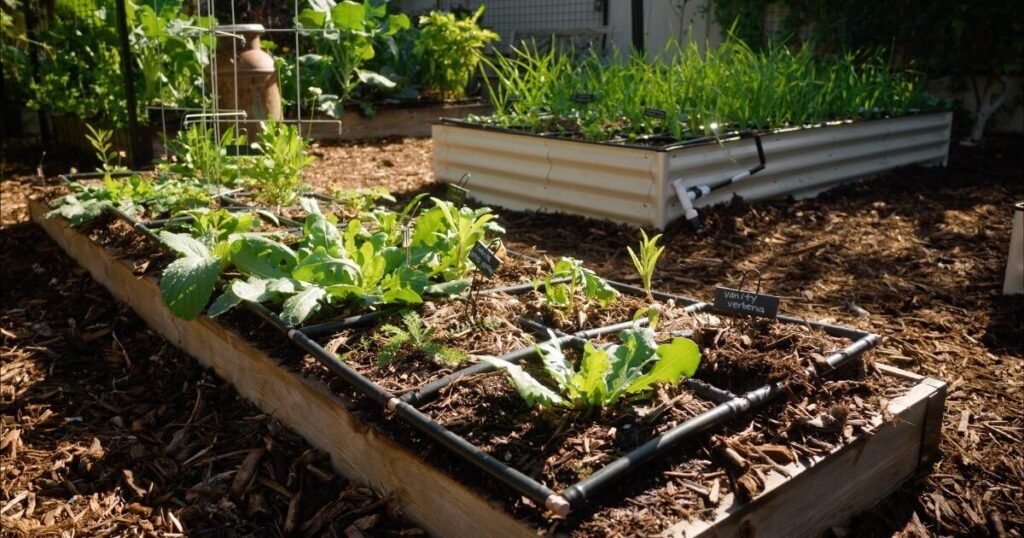

1. Start Small

I know the temptation to plant everything from tomatoes to beans to flowers, but trust me—starting small is key. Beginning gardeners often get excited and plant too much at once, and before you know it, they’re overwhelmed. Instead, start with a few plants you love, like tomatoes, peppers, or some easy-to-grow herbs. As you get more comfortable, you can expand your garden next season. You’ll find that a small, manageable space is much easier to care for, especially your first year. Try something like Square Foot Gardening to maximize space and yield.
2. Plant What You Eat
:max_bytes(150000):strip_icc()/GettyImages-1072387354-3a78e525f52a448d9171b9390fed9015.jpg)
Only plant the things you’re actually going to eat. If you love fresh tomatoes and make homemade salsa, plant some tomatoes! But if you hate kale or your family won’t touch it, don’t waste your time and resources growing it. Homegrown food is far superior in taste and nutrition, so focus on what you enjoy. Plus, once you’re comfortable, you’ll get braver and start experimenting with new vegetables.
3. Plant According to Your Climate

It’s essential to know your growing zone before planting anything. Your zone will determine what plants thrive in your area and when to plant them. If you’re in a colder zone, you’ll need to plant cold-weather crops and short-season varieties. Warmer zones can plant earlier and grow warmer-season vegetables. Be sure to check the growing conditions and maturity dates on seed packets to ensure you’re planting what’s best suited for your region.
4. Mind Your Plant Spacing
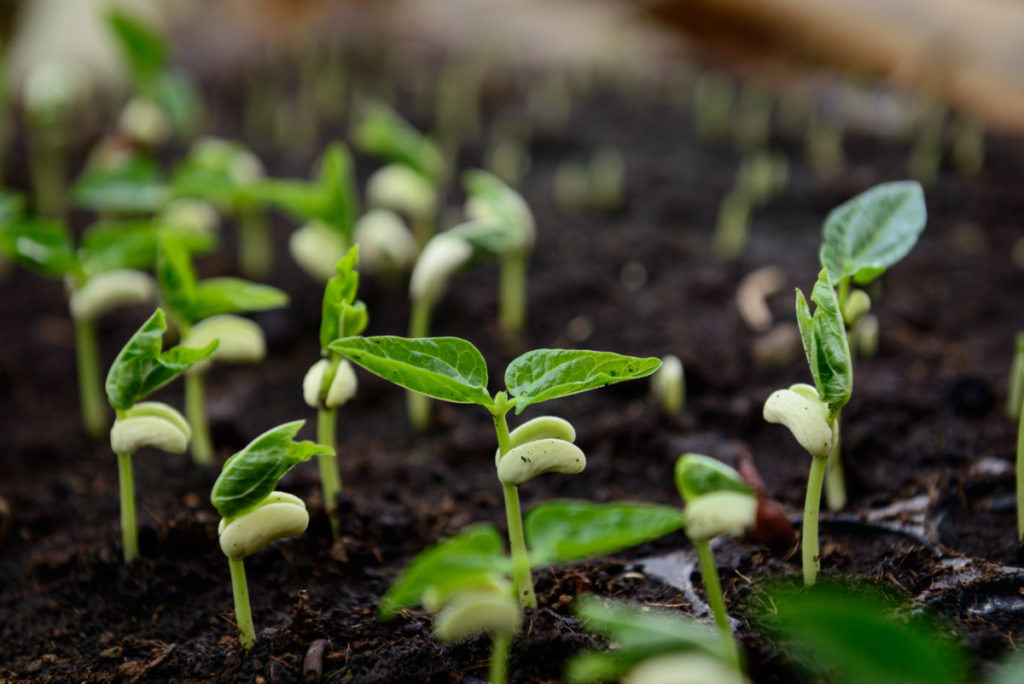
It’s tempting to squish as many plants as possible into a small space to maximize your garden. However, overcrowding can lead to poor air circulation, more pests, and weak plants. Give your plants enough room to grow by following spacing recommendations (usually found on the seed packet). If you’re trying to save space, consider vertical gardening or container gardening.
5. Use Mulch to Your Advantage
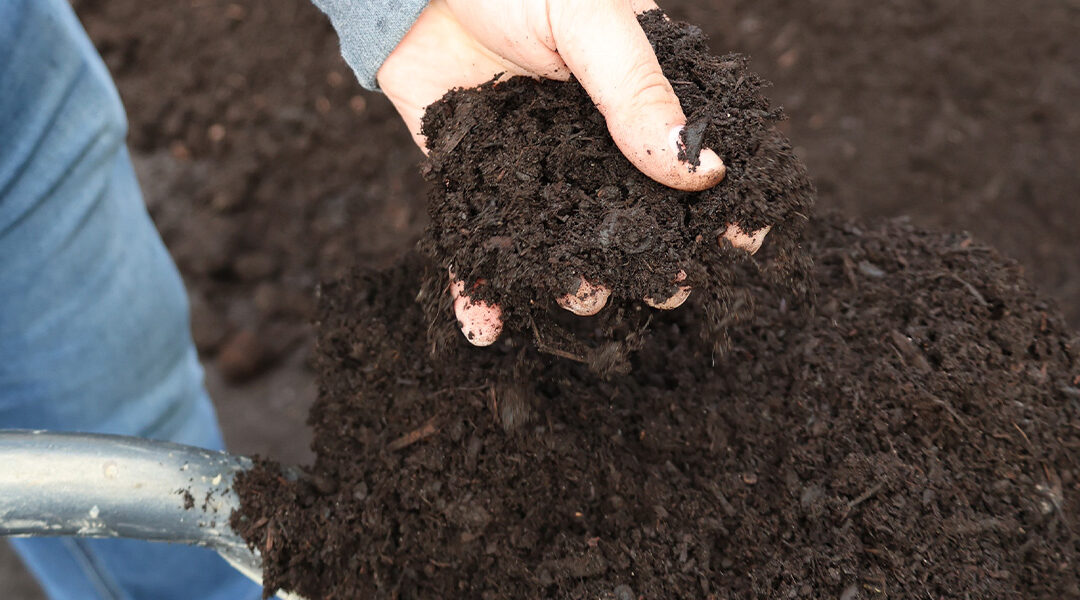
Weeds are the number one enemy of gardeners. They can grow fast and take over your plants, leaving you stuck in a never-ending battle. To avoid spending hours weeding, mulch is your best friend! Mulch helps suppress weeds, retain moisture, and prevent soil erosion. You can use wood chips, grass clippings, straw, or even plastic mulch. Just make sure the soil is covered to keep those pesky weeds at bay!
6. Keep a Garden Journal
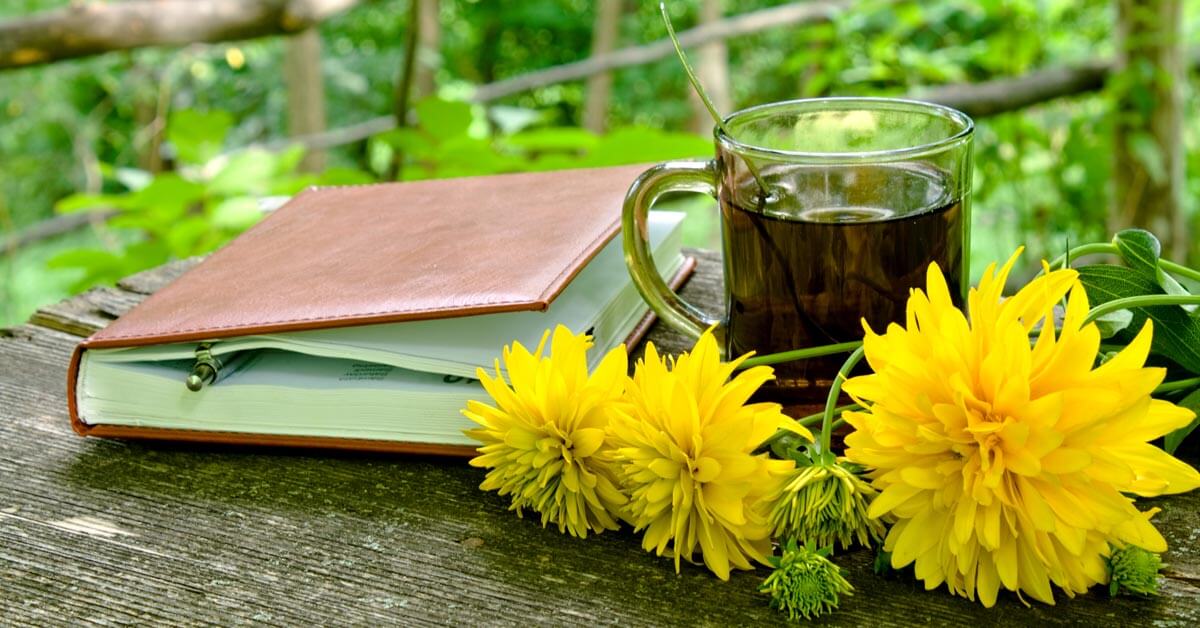
Your memory might fail you when it comes to plant details, and that’s where a garden journal comes in handy. Write down what you plant, the dates you plant, what works well, and what doesn’t. Record your pest battles, how you watered, and anything else that’s important. You can also make a simple sketch of your garden layout to help you with crop rotation next year. This will save you time and effort in future gardening seasons.
7. Get Familiar with Your Plants (and Weeds!)
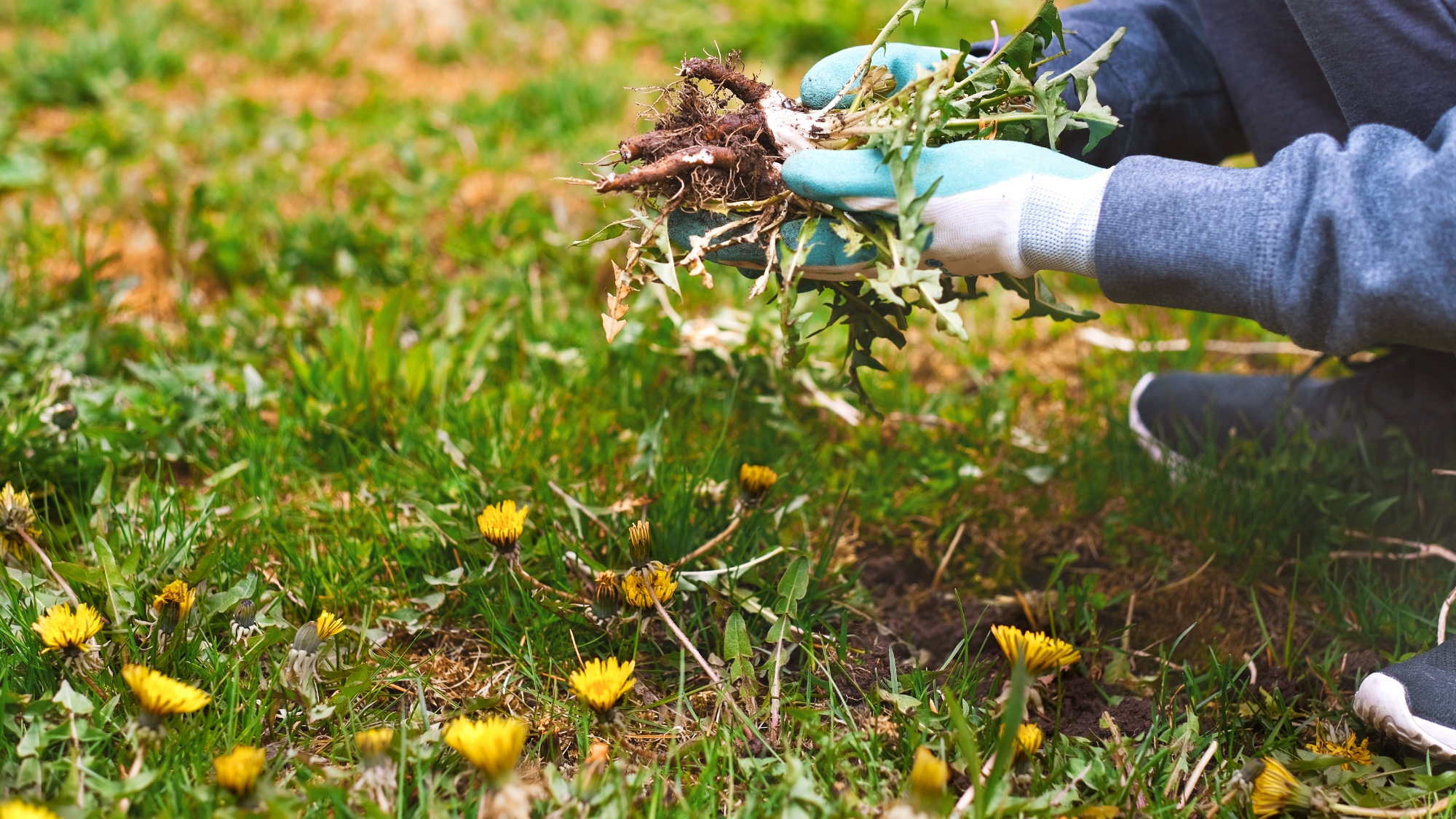
A big part of successful gardening is knowing your plants inside and out. Learn what your plants look like as seedlings so you don’t accidentally pull them out with weeds. And speaking of weeds, get familiar with common weeds so you can distinguish them from your plants. The more you know about your plants and weeds, the more effective you’ll be at tending to your garden and keeping it healthy.
8. Amend Your Soil
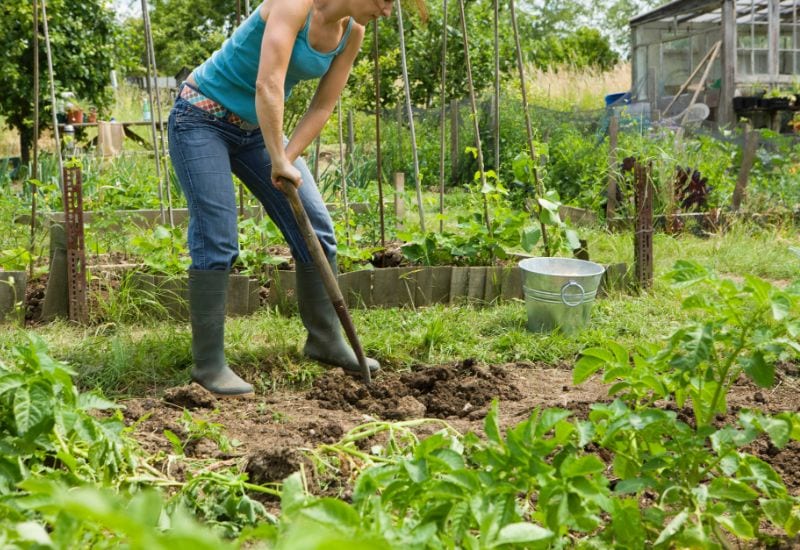
Healthy soil is the foundation of a healthy garden. If your soil isn’t nutrient-rich, your plants won’t thrive. Before planting, enrich your soil with compost or well-rotted manure. Throughout the growing season, add organic matter or fertilizers as needed. At the end of the season, top your garden beds with leaves or plant a cover crop to add more nutrients back into the soil.
9. Prepare for Pests
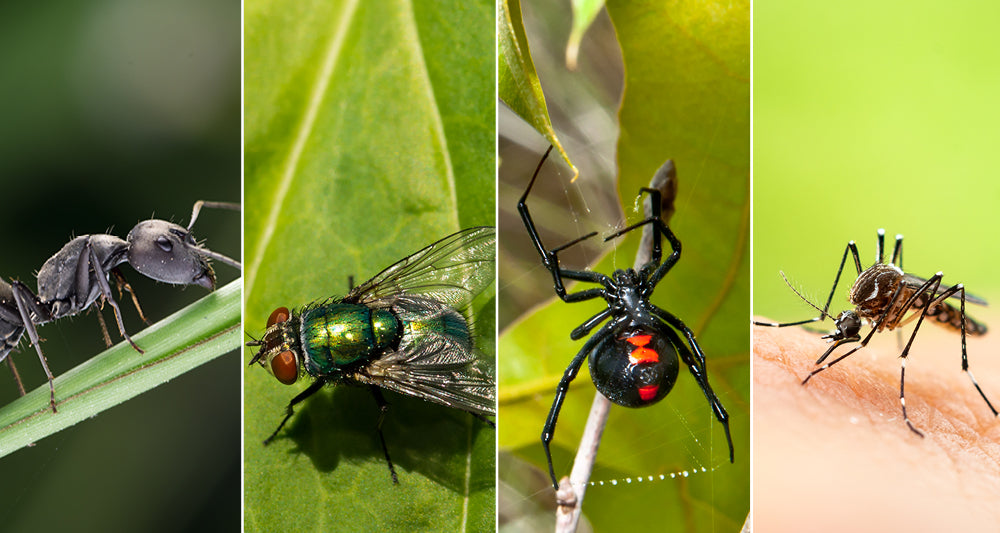
No garden is immune to pests, and you’ll need to be prepared. Read up on companion planting and other natural ways to control pests. Don’t be afraid to get hands-on—sometimes you’ll have to pick off pests manually. And don’t stress about the occasional bug hole in your plants. Just trim off the affected parts and enjoy the rest of your bounty!
10. Don’t Forget the Flowers

In a vegetable garden, you’ll need pollinators to help your crops grow to their full potential. Planting flowers not only beautifies your space but also attracts bees and beneficial insects that will help pollinate your plants. Flowers like sunflowers, marigolds, and zinnias are great choices for a productive garden. Plus, they’ll make your garden look cheerful and colorful!
11. Water When Needed
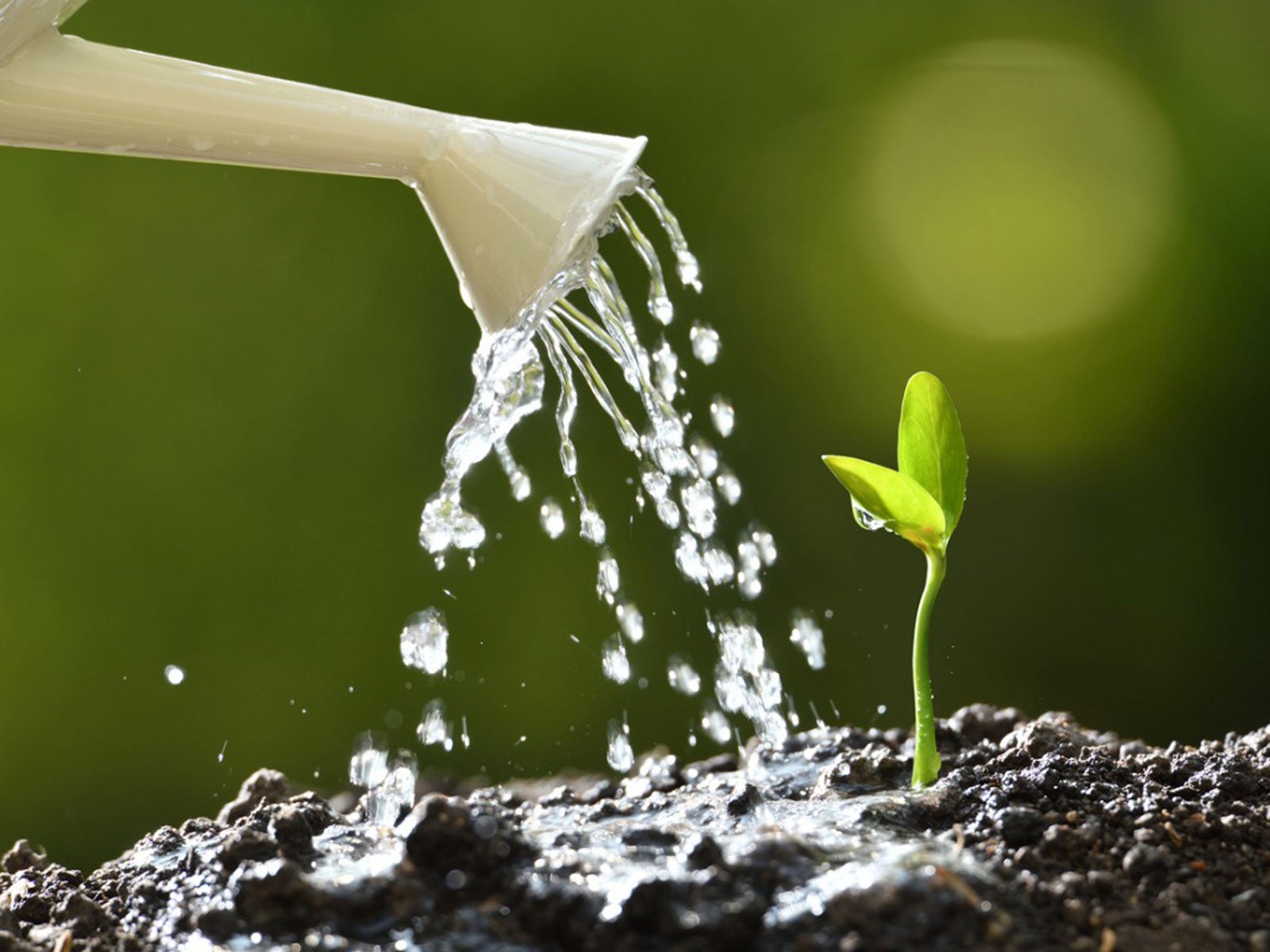
Watering is a delicate balance. Too little and your plants will wither, too much and you risk disease. Most plants need deep watering once a week. Watering early in the morning or late in the evening is best to prevent evaporation. If you’re watering manually, use a soaker hose or watering can to water the base of the plants, not from above. This helps prevent disease and ensures the roots get the moisture they need.
Here’s a table summarizing the 11 Gardening Tips for Beginners:
| Tip Number | Tip | Description |
|---|---|---|
| 1 | Start Small | Begin with a small garden to avoid feeling overwhelmed. Focus on a few plants like tomatoes or herbs. |
| 2 | Plant What You Eat | Grow vegetables and fruits that you actually enjoy eating to make the process more enjoyable and rewarding. |
| 3 | Plant According to Your Climate | Know your growing zone to plant crops suited for your local climate and growing season. |
| 4 | Mind Your Plant Spacing | Give each plant enough space to grow, ensuring proper air circulation and light. Avoid overcrowding. |
| 5 | Use Mulch | Mulch helps suppress weeds, retain moisture, and protect your plants from temperature extremes. |
| 6 | Keep a Garden Journal | Track planting dates, pest problems, and what works or doesn’t. This helps plan for future seasons. |
| 7 | Learn About Your Plants (and Weeds) | Know what your plants and weeds look like to avoid pulling the wrong plants and to prevent weed growth. |
| 8 | Amend Your Soil | Improve soil health with compost, manure, or organic matter to promote strong plant growth. |
| 9 | Be Prepared for Pests | Read up on natural pest control methods, use companion planting, and stay vigilant for any signs of pests. |
| 10 | Don’t Forget the Flowers | Flowers attract pollinators and beneficial insects, enhancing your garden’s productivity and beauty. |
| 11 | Water When Needed | Water deeply once a week, early or late in the day, and use methods like soaker hoses to reduce evaporation. |
This table helps you quickly reference each tip for getting your garden off to a successful start!
Gardening FAQ for Beginners
What’s the best way to start my first garden?
Start small with a few plants you love to eat. Focus on easy-to-grow vegetables, and remember to plant according to your climate and growing zone.
How do I know if my soil is good?
Healthy soil should be dark, crumbly, and full of organic matter. If it’s heavy or clay-like, amend it with compost or sand for better drainage.
How often should I water my garden?
Most plants need deep watering at least once a week. Water early in the morning or late in the evening to reduce evaporation and give your plants time to absorb the moisture.
How do I keep pests out of my garden?
Use natural pest control methods like companion planting, picking pests by hand, and using organic sprays. Don’t forget that some pests, like aphids, can be washed off with a strong blast of water.
Can I grow a garden in containers?
Absolutely! Container gardening is a great way to grow vegetables in small spaces, and it’s especially helpful for beginners.
Should I keep a garden journal?
Yes! Keep track of what you plant, what works, what doesn’t, and when you plant things. It will help you avoid mistakes and improve each season.
Conclusion
Starting your first garden can feel like a huge task, but with these 11 tips, you’ll be on your way to growing a beautiful, thriving garden in no time. Start small, pay attention to your plants, and take things one step at a time. Before you know it, you’ll have your garden producing fresh, homegrown food, and you’ll be amazed at how rewarding it is to see your hard work pay off. Happy gardening!
